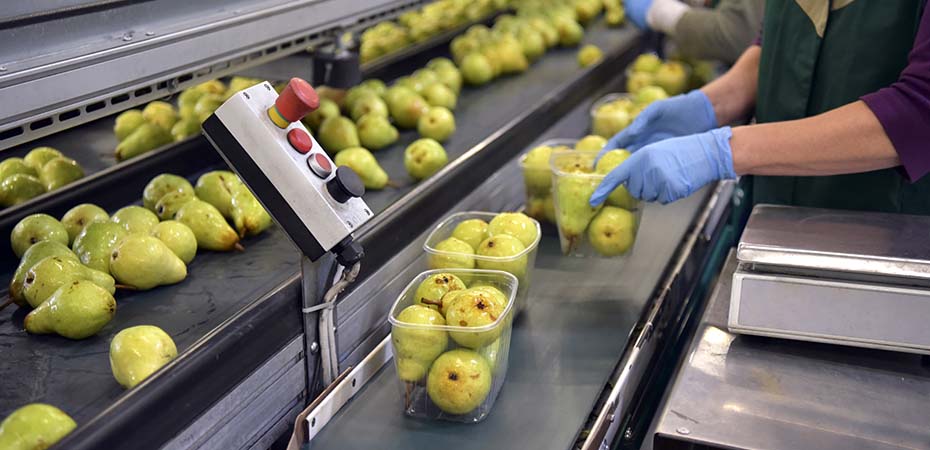The Government of Canada has taken action towards reducing plastic pollution through its Zero Plastic Waste Agenda. While the goal of reducing plastic pollution is important, requirements impacting plastic food-contact packaging must also be considered in light of food safety and waste.

Environment and Climate Change Canada (ECCC) published a Regulatory Framework Paper in April 2023 regarding recycled content and labelling. The recycled content requirements would exclude certain products, such as food-contact packaging other than beverage containers. The Framework notes that food-grade recycled resins are in limited supply for many types of food packaging. Beverage containers are included as "recycling processes producing food-grade PET and HDPE are relatively mature, and beverage bottles made from these resins have a proven ability to incorporate high levels of recycled content."
The Framework, also includes recyclability labelling requirements for all consumer-facing primary, secondary and e-commerce plastic packaging (including food) with limited exceptions. Regulated parties (e.g. manufactures, importers, brand owners) would be required to assess recyclability in each province or territory where the item is sold before placing the item on the market with the prescribed recyclability logo on the label. The Framework proposes a phased-in implementation, starting in 2026. However, the enacting regulations are not yet published, so the actual transition period is unknown. ECCC has indicate that it will align as closely as possible to the compliance dates of Health Canada and CFIA's food labelling coordination policy.
P2 Notice
In August, ECCC released a consultation for a pollution prevention planning notice (P2 Notice) for food-contact packaging, targeted at Canada's largest grocery retailers. The P2 Notice is an alternative regulatory instrument aimed at reducing the environmental impact of food-contact packaging excluded from the recycled content requirements under the Framework. The P2 Notice would set targets related to recycled content; reduction, reuse, and redesign of primary food plastic packaging; and, sale of products within reuse-refill systems, concentrated products and products free of plastic packaging. Large grocery retailers would be required to prepare and implement a P2 plan to meet these targets. ECCC's consultation notes that these retailers are at the centre of the value chain and have the ability to engage with brands and suppliers to influence practices throughout the supply chain.
Proposed actions to reduce food plastic packaging must also be considered in light of the current food regulatory framework. The safety of food packaging materials is regulated under Part B Division 23 of the Food and Drug Regulations, and section 4 of the Food and Drugs Act, which has the effect of prohibiting the sale of food that may be harmful to the consumer, including due to its packaging.
There is currently no requirement for food packaging to obtain an approval. Companies may make a voluntary submission to obtain a letter of no objection if Health Canada considers the packaging acceptable from a food chemical safety perspective. Health Canada has, however, signaled its intent to move forward with a mandatory pre-market review program for food packaging materials as part of ECCC's Zero Plastic Waste Agenda. The details of a mandatory program are not yet available, but Health Canada published revised guidelines for using recycled plastics in food packaging in March 2023 for determining safety and acceptability of post-consumer recycled plastics.
Food waste prevention
At the same time, there is growing consensus on the need to reduce food waste as another important step in reducing greenhouse gas emissions. The Standing Committee on Agriculture and Agri-Food examined rising food costs in Canada, culminating in a report published in June 2023. One of the report recommendations includes investigating eliminating best-before dates to reduce food waste, and ensuring plastic reduction requirements are attainable by extending the implementation timeline for a single-use plastics ban and ensuring commercially viable alternatives to plastics will be available in needed quantities.
Reducing plastic pollution is an important environmental priority, but it will have ripple effects. ECCC, Health Canada and CFIA must continue working collaboratively to ensure that the Zero Plastic Waste Agenda doesn't compromise food safety or lead to increasing food waste.
This article originally appeared in Food in Canada and is republished with the permission of the publisher